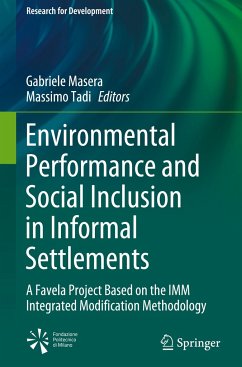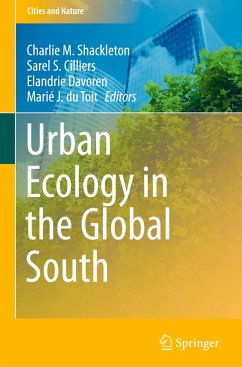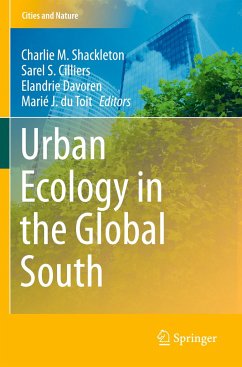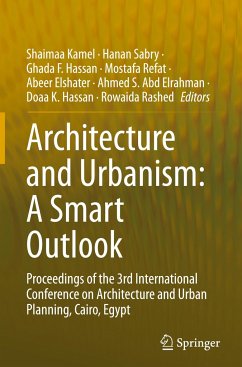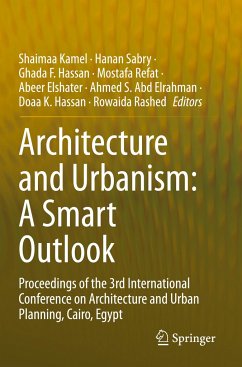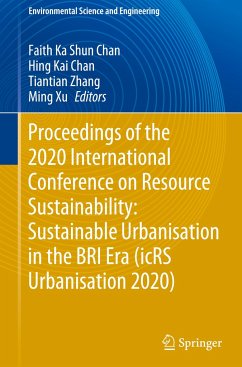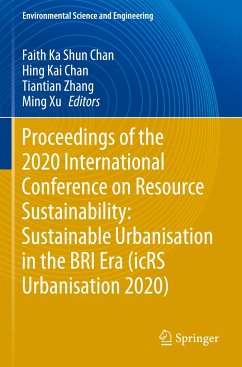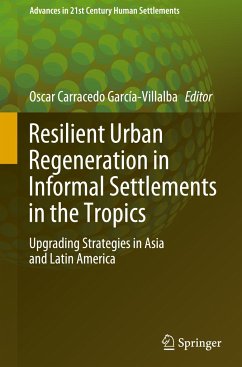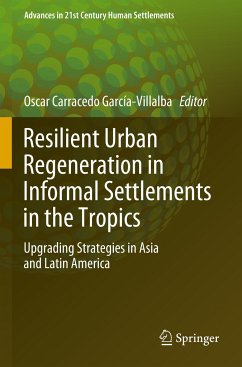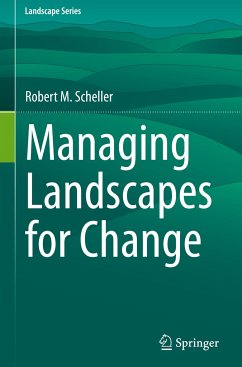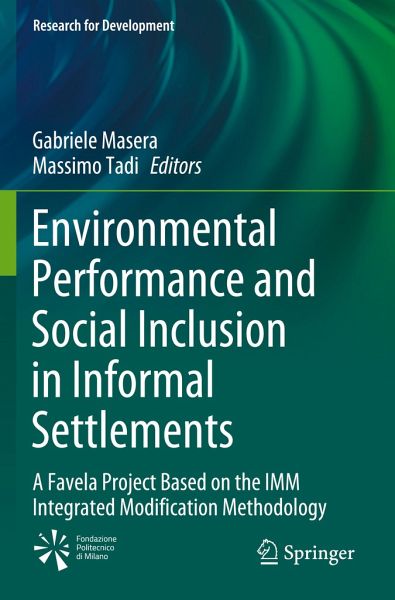
Environmental Performance and Social Inclusion in Informal Settlements
A Favela Project Based on the IMM Integrated Modification Methodology
Herausgegeben: Masera, Gabriele; Tadi, Massimo
Versandkostenfrei!
Versandfertig in 6-10 Tagen
83,99 €
inkl. MwSt.

PAYBACK Punkte
42 °P sammeln!
This book discusses the potential of a systemic and multidisciplinary design approach to improve urban quality, health, livability, and inclusiveness for people living in informal settlements. In most instances, attempts to address informal settlements lack an adequate assessment of their impact on the wider built environment and implementation of the UN's Sustainable Development Goals. The Integrated Modification Methodology (IMM), introduced here, offers a systematic, multidisciplinary design tool encompassing several of the aspects that define the environmental performance of urban systems....
This book discusses the potential of a systemic and multidisciplinary design approach to improve urban quality, health, livability, and inclusiveness for people living in informal settlements. In most instances, attempts to address informal settlements lack an adequate assessment of their impact on the wider built environment and implementation of the UN's Sustainable Development Goals. The Integrated Modification Methodology (IMM), introduced here, offers a systematic, multidisciplinary design tool encompassing several of the aspects that define the environmental performance of urban systems. The book also demonstrates the application of the methodology to an informal settlement, proving its potential to guide systemicurban transformations, also in urban areas lacking formal planning. The case study investigated is in the Rocinha favela in Rio de Janeiro, which ischaracterized by poor water quality, lack of drainage and sanitation systems, and very few green spaces. Based on a rigorous methodology, the process described here can also be applied in similar contexts around the world.





